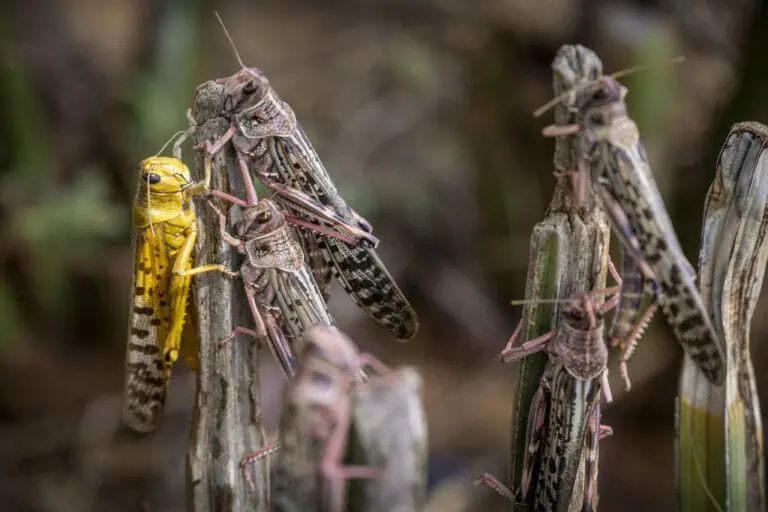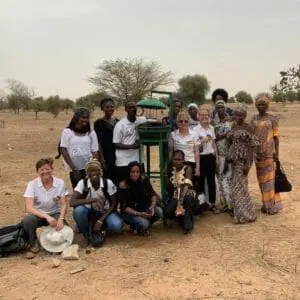Global Locust Initiative
Australian Plague Locust Resurgence
By Douglas Lawton, PhD Candidate in ASU School of Life Sciences, December 14, 2020 After a record-breaking drought for the past two years, Australia is experiencing a resurgence in Australian
Education Coordinator - Behavioral Plasticity Research Institute
We are seeking a full-time Education Coordinator for the Behavioral Plasticity Research Institute (BPRI), a newly established Biology Integration Institute funded by the U.S. National Science Foundation. This position will
Behavioral Plasticity Research Institute Postdoctoral position available at Texas A&M University
A postdoctoral position is available in the Department of Entomology at Texas A&M University, College Station, TX, USA. The position is part of the Behavioral Plasticity Research Institute (BPRI), one
12 BPRI graduate student opportunities to start Fall 2021!
BPRI is an NSF-funded virtual institute consisting of a group of like-minded teacher-scholars with diverse disciplinary expertise from six institutions. The Behavioral Plasticity Research Institute (BPRI) uses locust phase polyphenism

Universities collaborate to create new Behavioral Plasticity Research Institute (BPRI)
ASU to join six other universities to create an institute to better understand locust phase change. As a formidable ecological force, locusts have a long history of devastating crops and

Taming locusts in Senegal: Working with communities, empowering women
Locusts are a major pest in many parts of the world, damaging plants and livelihoods. Senegal is one such place; farmers constantly battle migrating swarms of the local Senegalese grasshopper.
Read latest issue of Metaleptea
The latest issue of Metaleptea (Vol. 40, Issue 3), the Newsletter of the Orthopterists’ Society, is published and available to read! It features upcoming events, announcements, regional reports, and recent
Locust outbreaks increase with two additional species in Southern Africa and China
New outbreaks of the African Migratory Locust (Locusta migratoria migratorioides) and the Yellow-spined Bamboo Locust (Ceracris kiangsu) are causing concern in addition to the ongoing outbreaks of the Desert Locust

Like marathon runners, locusts carbo-load before a long journey
According to a new study from ASU's Global Locust Initiative scientists, they do it for the same reason humans do. Read the abstract of this new paper published Aug. 2 in the Journal of Animal Ecology.
Join us for a webinar: The International Locust Crisis
On World Humanitarian Day, and as part of a week-long series of events for Entomology Advocacy Week hosted by the Entomological Society of America, Dr. Arianne Cease, Director of the
USAID awards $245k to the FAO of the UN to determine Desert Locust impacts on livelihoods in Uganda
A large $245,000 (USD) award was granted through the United States Agency for International Development (USAID) to the Food and Agriculture Organization of the United Nations to help measure the
Open research position in entomology and ecology at the USDA-ARS in Sidney, MT
The Global Locust Initiative would like to pass along this job opportunity with the United States Department of Agriculture - Agricultural Research Service: The USDA-ARS is seeking a permanent, full-time